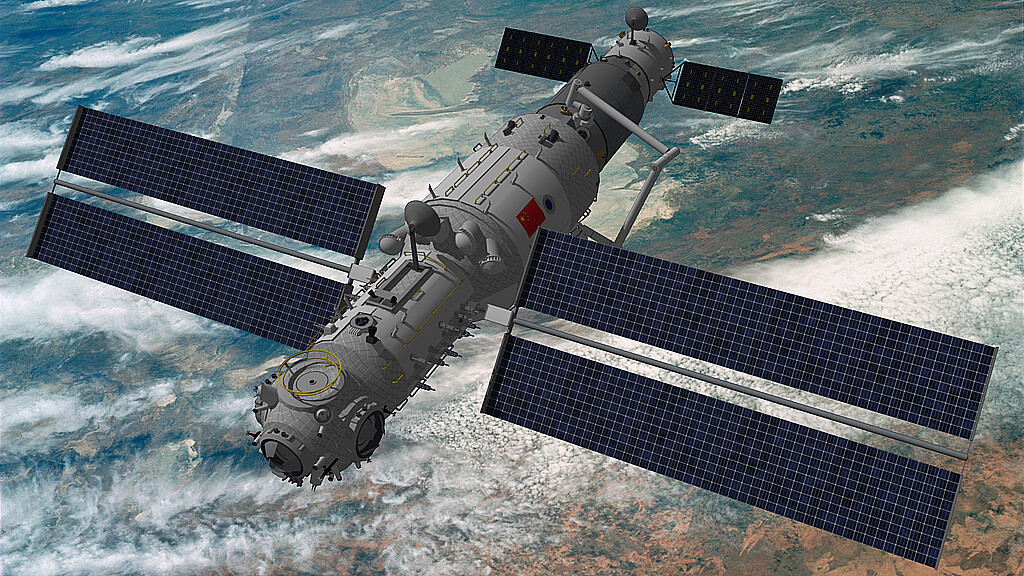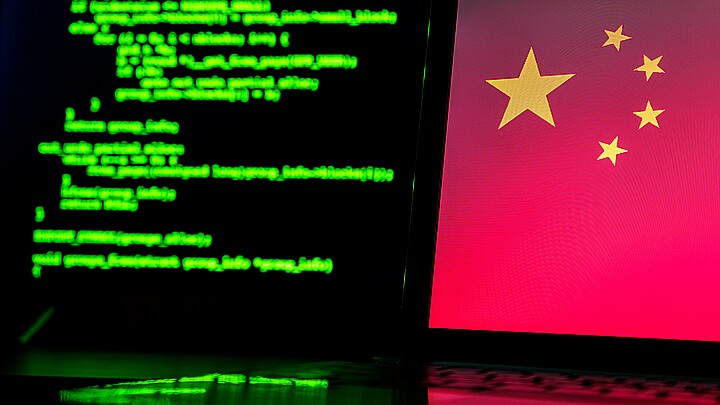Technology
China launches crew to space station, hopes to reach moon by 2030
The spacecraft is on its way to China’s orbiting space station, which the country built after it was excluded from the International Space station

May 30, 2023 6:55am
Updated: May 30, 2023 6:55am
China launched a crew to its orbiting space station on Tuesday, as it expands its space program amid plans to put astronauts on the moon before 2030.
Three people boarded the Shenzhou 16 spacecraft at the top of a Long March 2-5 rocket at the Jiuquan launch center near China’s Gobi Desert on Tuesday. The launch was a “complete success,” according to the China Manned Space Agency in a statement.
The spacecraft is on its way to China’s orbiting space station, which the country built after it was excluded from the International Space station. At the station, Shenzhou 16 will bring back the crew of Shenzhou 15, who have been living there since November of last year.
The crew on board Tuesday’s launch—Jing Haipeng, Zhu Yangzhu, and Gui Haichao—will remain onboard the space station for five months to conduct scientific experiments and perform maintenance on the equipment on board.
China launched its first manned space mission in 2003, becoming the third country to put a person in space using its own resources, after the United States and the former Soviet Union. Shenzhou 16’s launch marks China’s fifth crewed mission to its space station.
The launch comes as China ramps up its efforts to expand its space program. According to state media, Chinese officials have said that they plan to put astronauts on the moon by 2030. It also plans to establish a space station on the moon.
Humans have not been to the moon since 1972 when NASA launched its final Apollo mission. The U.S. has also ramped up its space exploration efforts and plans to put astronauts back on the moon’s surface by 2025 in a mission carried out with private sector companies such as SpaceX and Blue Origin.








